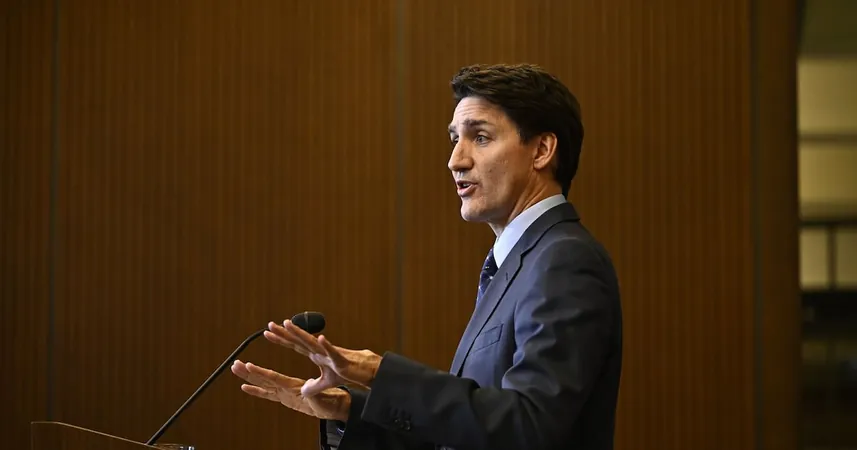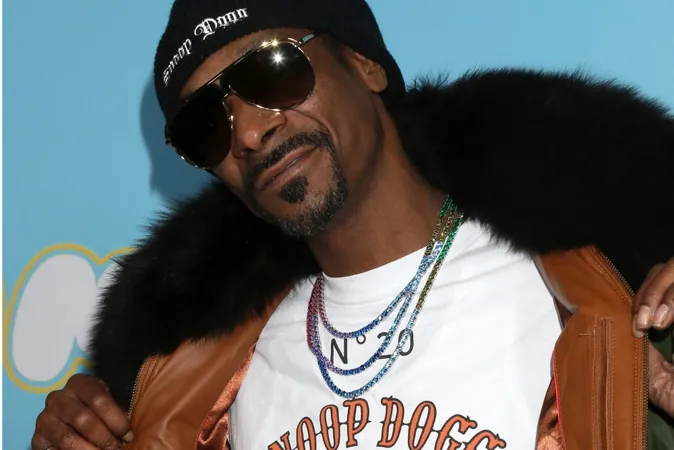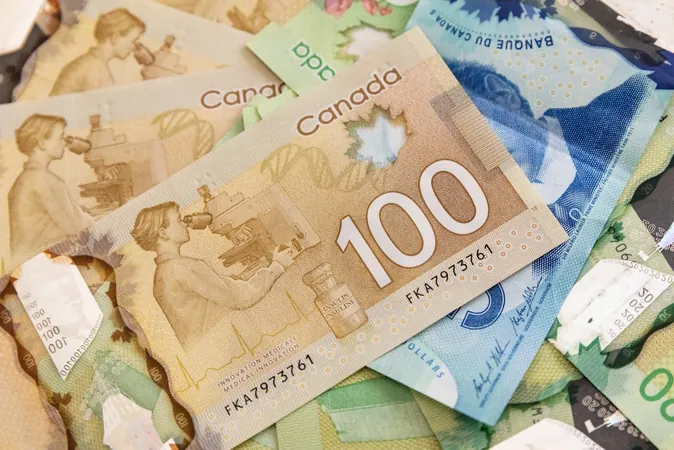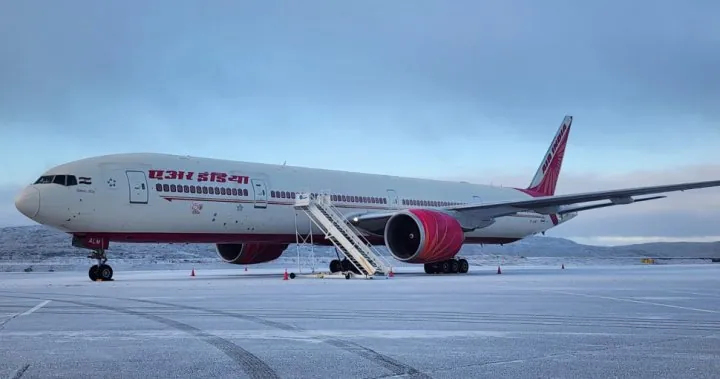
Escalating Diplomatic Crisis: What’s Behind the India-Canada Rift?
2024-10-15
Author: Jacob
The Khalistan Divide
A significant source of discord stems from the Khalistan separatist movement, which advocates for a distinct Sikh state within Indian borders. Indian authorities view this movement as a direct threat to national security and have voiced their frustration with Canada, where supporters of Khalistan occasionally organize protests and referendums. While Canada emphasizes its commitment to freedom of expression, it reassures India of its stance on territorial integrity. In India, incidents involving Canadian Sikhs, particularly commemorations of figures linked to violent acts such as the 1985 Air India bombing, garner significant media attention and anger Delhi. The Air India bombing remains the deadliest act of terrorism in Canadian history, and Canada’s perceived leniency towards certain factions has fueled tensions.
Murder Allegations and Diplomatic Fallout
In a shocking revelation, Canadian Prime Minister Justin Trudeau announced in September 2023 that intelligence suggests a potential involvement of the Indian government in the murder of Hardeep Singh Nijjar, a Sikh leader killed in British Columbia. India initially dismissed these allegations, although they later stated that extrajudicial killings are not part of state practice. Compounding the issue, details emerged about an American indictment alleging a conspiracy orchestrated by an Indian national, which referenced Nijjar’s murder. The Canadian police have already made arrests related to his death, further complicating the diplomatic landscape. On top of that, India's move to temporarily suspend visa services for Canadian citizens and withdraw diplomatic protections for Canadian envoys forced Ottawa to pull many of its diplomats from India.
The Importance of India in Canada’s Foreign Policy
Despite these tensions, Canada has long viewed India as a crucial player in its Indo-Pacific strategy. In November 2022, Canada emphasized the importance of forging trade relationships with India, which greatly relies on imports from Canada, particularly for lentils and potash. Relationships with India are critical for Canada’s broader strategy to counterbalance China’s growing influence in the region. A trade deal had been under negotiations, but these discussions were placed on hold amidst ongoing concerns related to the Nijjar case, emphasizing the precarious nature of their relationship.
Political Underpinnings
This crisis isn't merely a diplomatic issue—it's deeply rooted in domestic politics. Modi's government has criticized Trudeau for neglecting serious discussions about the Khalistan issue, suggesting that Canada's Liberal government’s relations with certain factions contribute to ongoing tensions. Last year, Trudeau’s involvement in a controversy surrounding a convicted Sikh who had attempted to assassinate an Indian cabinet minister only fueled discontent. Such incidents have led the Indian government to feel that Canada isn’t taking these issues of national concern seriously.
Recent Developments
Recently, the Royal Canadian Mounted Police (RCMP) issued warnings regarding increased criminal activity allegedly linked to Indian government operatives, intensifying tensions further. Amidst the failure of diplomatic dialogues over the weekend, Ottawa and New Delhi took the unprecedented step of expelling six diplomats from each country.
Conclusion
As Canada and India navigate this fraught diplomatic landscape, the impact of these developments will be felt not only in bilateral relations but also in their respective domestic arenas. As both nations grapple with this profound rift, the international community watches closely, pondering the future of this once-promising partnership.









 Brasil (PT)
Brasil (PT)
 Canada (EN)
Canada (EN)
 Chile (ES)
Chile (ES)
 España (ES)
España (ES)
 France (FR)
France (FR)
 Hong Kong (EN)
Hong Kong (EN)
 Italia (IT)
Italia (IT)
 日本 (JA)
日本 (JA)
 Magyarország (HU)
Magyarország (HU)
 Norge (NO)
Norge (NO)
 Polska (PL)
Polska (PL)
 Schweiz (DE)
Schweiz (DE)
 Singapore (EN)
Singapore (EN)
 Sverige (SV)
Sverige (SV)
 Suomi (FI)
Suomi (FI)
 Türkiye (TR)
Türkiye (TR)